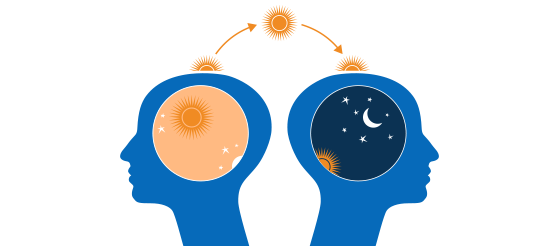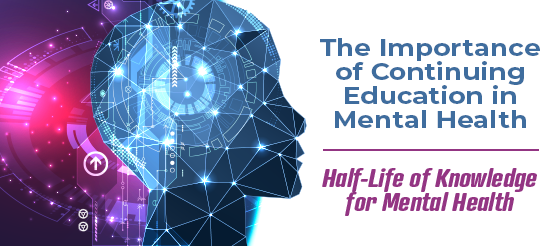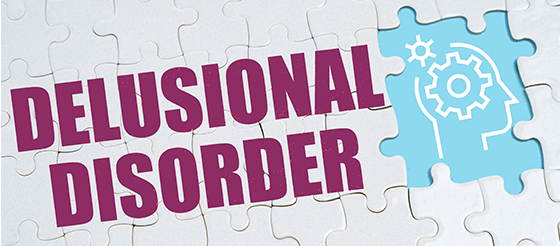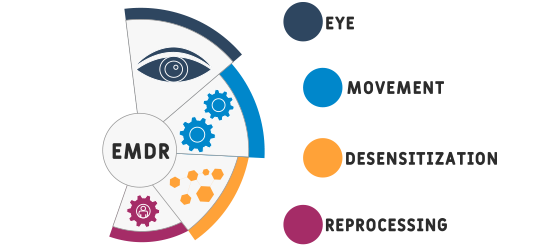Tips for Online Learning
Since the pandemic, many individuals are now working remotely, attending school, and taking advantage of online learning opportunities. “Online
Do I Need To Be A Clinical Psychologist To Be A Forensic Psychologist?
The answer to this question depends on the types of activities you wish to engage in as a forensic psychologist. All forensic psychologists work at
What Type of Psychology Degree Do I Need to Become a Forensic Psychologist?
There are several different paths to becoming a forensic psychologist. This article describes a few of the most common ways and the required
Cognitive Behavioral Therapy for Insomnia
Insomnia may be a symptom of a mental disorder or the standalone reason a client ventures into therapy for their sleep health. Cognitive Behavioral
What are the Roles and Responsibilities of a Forensic Psychologist?
Forensic psychology can be conceptualized as encompassing both sides of the justice system (criminal and civil) as well as two broad aspects of
The Importance of Continuing Education in Mental Health Careers
Psychology is a dynamic field, meaning best practices change over time. As a result, most mental health professionals are required by licensure to
Forensic Psychology Careers: Social & Cognitive Subspecialty
Social psychology examines the impact of social influences on human behavior. Social psychologists typically explain behavior in terms of situational
What is Delusional Disorder?
Delusional Disorder is a psychiatric illness that afflicts a very small percentage of the population. According to the DSM-5-TR, the best estimate
What are the Different Types of Clinical Psychologists?
Clinical psychology is a broad field with many areas of specialization. This article describes a few of the most common areas of specialization for
What Types of Careers are Available in Psychology and Law?
This article summarizes the types of subspecialties available to those interested in careers in psychology and law.
10 Resources to Start a Career in Private Practice and Therapy
For recent grads hoping to venture into private practice and therapy, next steps aren’t always intuitive. To help guide you through this process,
Virtual EMDR: How to Do it and How Effective is it?
Eye Movement Desensitization and Reprocessing Therapy (EMDR) is a technique to help individuals process and minimize the long-term effects of trauma.
































